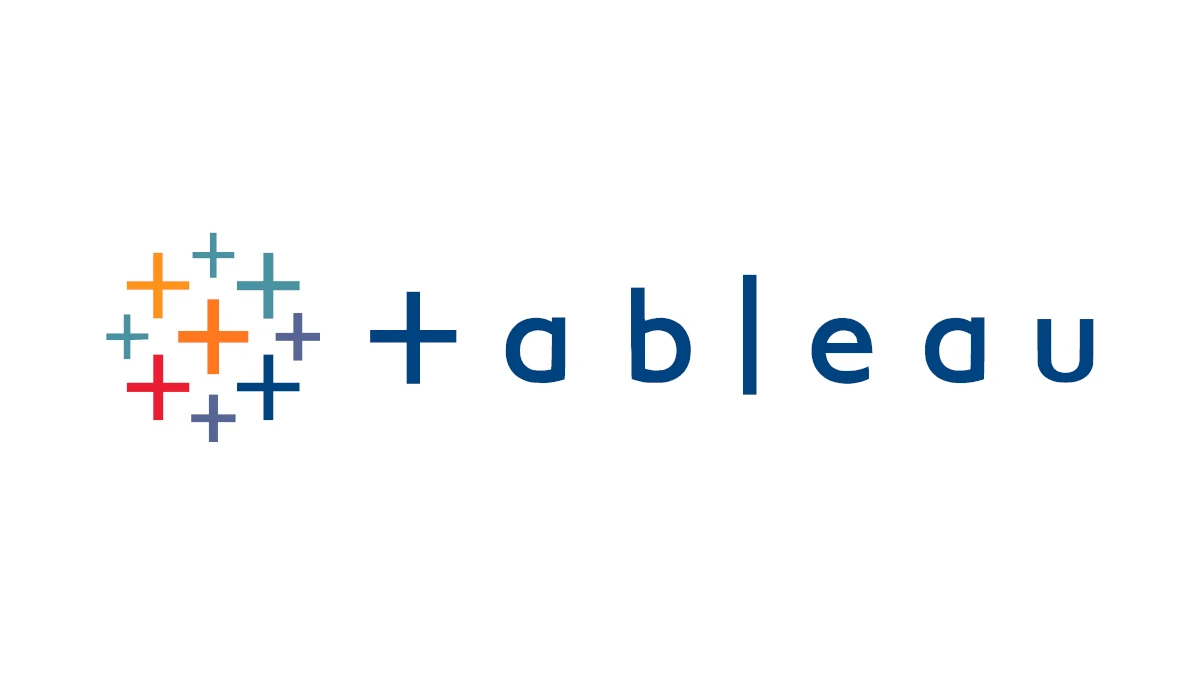Considering a career in health economics? This field, a vital intersection of healthcare, economics, and policy, offers a rich landscape for professionals passionate about making a significant impact on healthcare systems. As you contemplate this career path, here’s some essential advice to guide your journey.
Educational Foundation
A master’s degree in health economics is often the gateway to entering the field. With a plenty of health economics master’s programs available, it’s crucial to choose one that not only aligns with your career aspirations but also equips you with a robust understanding of the core principles of health economics. This career demands a keen interest in healthcare coupled with an affinity for numbers.
Skill Development
Beyond academic qualifications, certain skills are indispensable in the health economics job market:
- Technical Proficiency: Mastery of Excel is fundamental, while knowledge of programming languages like R and Python can give you a competitive edge.
- Analytical Skills: The ability to analyse medical and clinical research, understand study designs, and critically appraise data is crucial.
- Regulatory Knowledge: Familiarity with regulatory policies and statistics is important, as these are areas often under-represented in academic programs.
- Communication and Interpersonal Skills: Effective writing, presentation, and stakeholder engagement skills are essential, especially for roles that involve client interaction or aim towards leadership positions.
The Value of Mentorship
A mentor can be a catalyst for success in health economics. The right mentor offers not just guidance but also the opportunity to engage in meaningful projects that sharpen your problem-solving skills and critical thinking. Mentorship can provide a supportive environment to explore different scenarios, enhancing your professional development and expanding your potential.
Choosing Your First Job
When deciding on your first job, look beyond the salary. Consider the learning opportunities, the company culture, the projects you’ll be involved in, and the potential career paths these could lead to. The right environment can have a profound impact on your professional growth and satisfaction.
Professional Attributes
Success in health economics also hinges on several key attributes:
- Timeliness and Reliability: Adherence to deadlines and efficient project management are critical.
- Attention to Detail: A meticulous approach to your work ensures accuracy and quality.
- Adaptability: The ability to skim-read, grasp new concepts quickly, and adapt to evolving project needs is valuable.
- Ethical Insight: A passion for ethical decision-making and the ability to communicate the value of health technology assessment (HTA) beyond cost-cutting are important for advancing in this field.
Continuous Learning
Health economics is a dynamic field, with continuous developments in healthcare policies, technologies, and methodologies. Staying informed and adaptable to change is crucial for a successful career.
In conclusion, a career in health economics is both challenging and rewarding, offering the chance to contribute to the broader health system significantly. By focusing on your education, developing key skills, seeking out mentorship, and choosing roles that offer growth opportunities, you can build a fulfilling career in this vital field.





